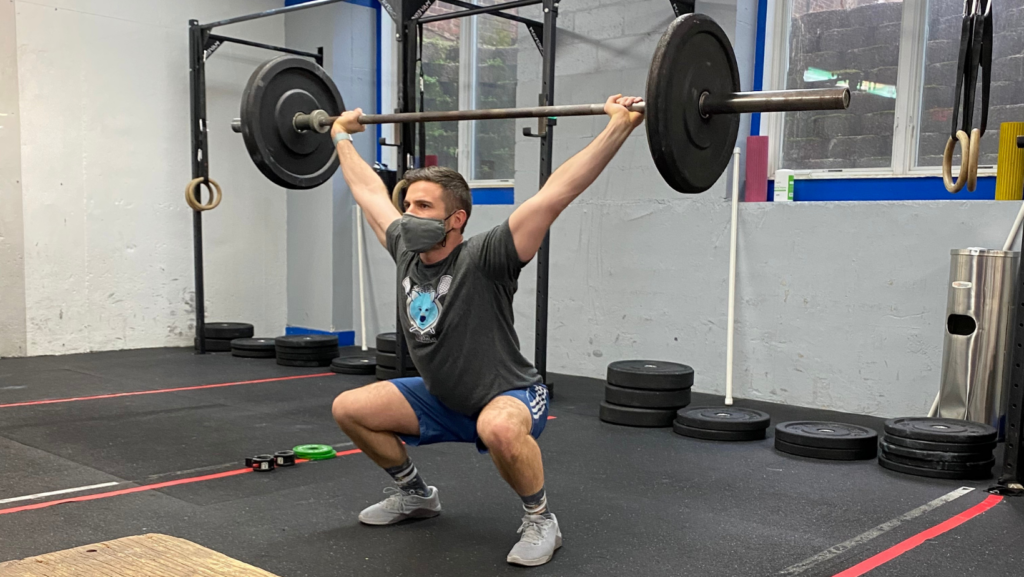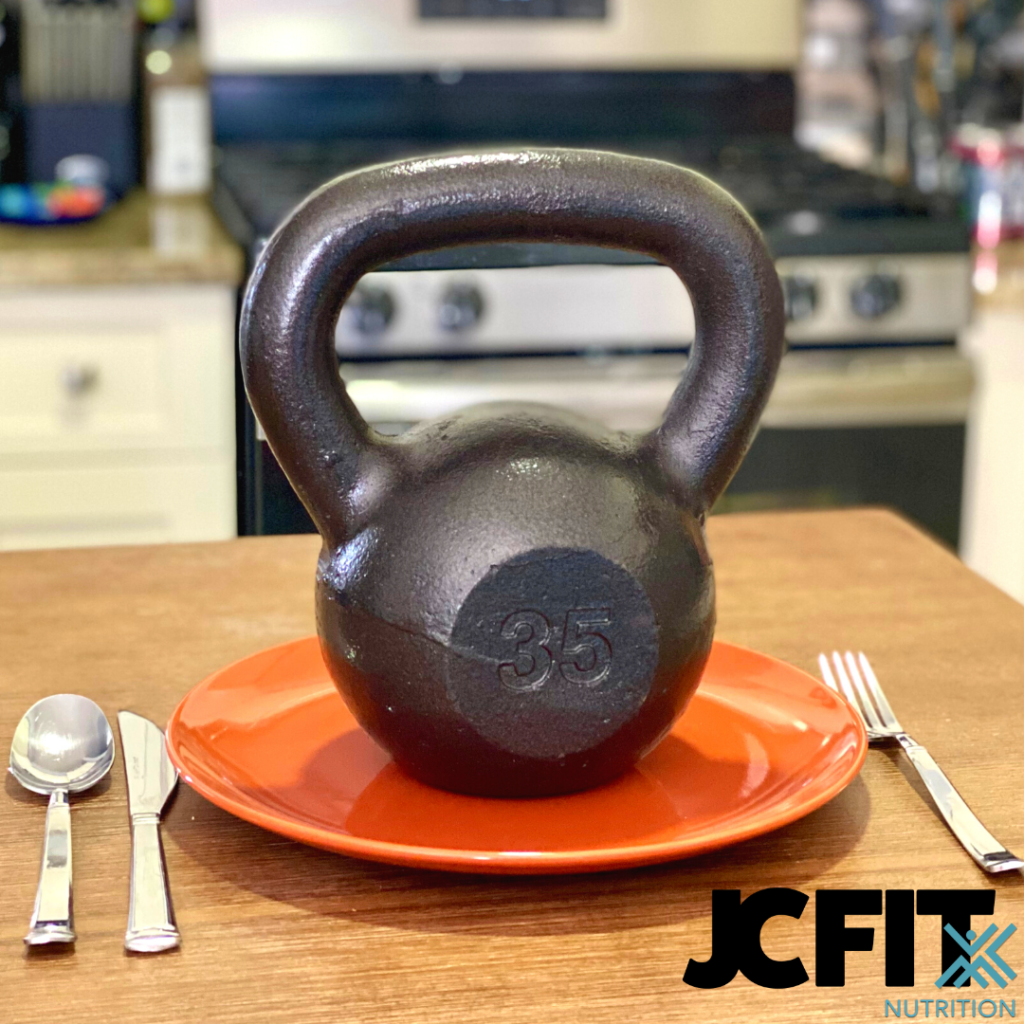Diet trends come and go. Some resurface, and others don’t. Over the last year or two, Intermittent Fasting (IF) has gained momentum and become quite popular again. Why? Because people find success with it. However, like any other diet, if you don’t learn sustainable habits from it, you’re likely to put all of the weight you lose (and then some) back on. And, that’s true for ALL diets. That’s why I coach my clients to ditch diets and instead focus on habits that support their body composition goals. So, where does IF fit in with this?
Simply put, Intermittent Fasting is an eating pattern that cycles between periods of fasting and eating. Only specifying when people should eat, it has common forms that include a 12:12 cycle (for example, eat only between the hours of 8am and 8pm), a 16:8 cycle (for example, eat only between the hours of 1pm and 9pm), the Eat-Stop-Eat cycle (for example, you choose one or two days a week to fast for 24 hours), and the 5:2 diet (where you consume only 500–600 calories on two nonconsecutive days of the week, but eat normally the other 5 days). The 12:12 cycle is the least extreme form of IF, and you may already be engaging in it without even knowing it.
IF is a tool one can lose weight with, and many people online are more than ready to share their success with you. However, it may not be your best friend when it comes to your ability to perform at a CrossFit style workout or any workout that requires endurance for cardio performance whether it is multiple, sustained bursts, a long run, a lengthy swim, or similar.
Workouts, like the ones we do at JCFit, and longer endurance sports all require your body to use energy stored in your muscles and fat cells to perform. Typically, your body’s favorite way to build these energy stores comes from consuming carbohydrates. This is why you may find that even when you have to skip breakfast, your morning workout or even commute to work goes more smoothly if you can at least eat a banana or some other small piece of fruit versus doing it all on an empty stomach.

Now, I know you’re thinking “But, David, this guy on the internet was totally successful doing IF and completing his CrossFit workouts in the morning!” And, you’re absolutely right. He was successful. Dr. John Berardi, co-founder of Precision Nutrition, was successful mixing IF and CrossFit too. Over six months he tried out six different formats of IF, and his weight dropped from 190 pounds to 170 pounds. His body fat also dropped from 10% to 4%, and he managed to maintain a majority of his lean muscle mass. BUT (there’s always a but!), despite his success, he doesn’t recommend IF for the average CrossFit athlete.
In his article for the CrossFit Journal Dr. Berardi writes:
Intermittent fasting is serious stuff and therefore not for everyone. For the more regular or more extreme forms of fasting, I’ve found they’re more successful when:
-You have a history of monitoring calorie and food intake (i.e., you’ve “dieted” before).
-You’re already an experienced exerciser. You have an active-recovery program.
-You’re single or you don’t have children.
-Your partner (if you have one) is extremely supportive.
-Your job allows you to have periods of low performance while you adapt to a new plan.On the other hand, these programs seem to be much more challenging for those who:
-Are new to diet and exercise.
-Are married and have children.
-Have performance-oriented or client-facing jobs.
-Compete in sport/athletics and train daily or multiple times per day.
The evidence suggests that you absolutely can mix IF and CrossFit, but your success with it will all depend on what you are currently ready, willing, and able to do to meet your specific body composition goals. Furthermore, you are likely able to meet your goals without engaging in a specific diet. This is especially true when we consider that people don’t fail diets, diets fail us (remember what I said about diets not teaching sustainable habits?).
Whether you’re following a diet or not, the fundamental habits of healthy nutrition do not change. Therefore, before you start a diet, I challenge you to develop and practice the following habits:
- Pay attention to what you eat.
- When possible, think about WHY you chose that particular food, and how it makes you feel to eat it.
- Eat more slowly.
- Are you spending at least 15 minutes eating each meal? Why or why not?
- Eat mostly high quality, minimally processed foods.
- Are you knowledgeable about what goes into your food choices? Does it include added sugars, refined sugars, and/or preservatives? Which, if any, oils were used?
- Eat reasonable portions.
- How much you are eating could easily be more important than when you are eating? Do you know what a healthy plate looks like? Are you portioning your food out to ensure it is working towards, and not against, your goals?
- Eat lots of veggies and some fruit.
- You shouldn’t only be considering whether you’re getting enough vegetables and fruits, but how are you preparing them?
- Eat enough protein to support your training.
- Carbs fuel us, but protein is what will preserve the gains we make in the gym. If you want to look like a Games Athlete, you need to eat and train like a Games Athlete. Are you ready, willing, and able to do that?
Nutrition is tricky, and there is an endless range of ways to utilize it to hit your goals. However, nutrition doesn’t have to overwhelm you. For help reaching your body composition goals reach out to Nutrition Coach David.⠀⠀



